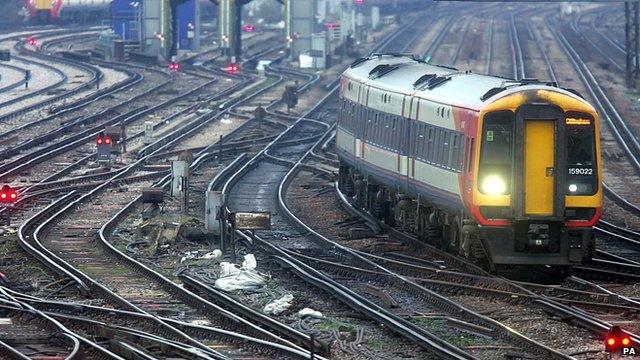New Northern trains less reliable than ageing Pacers
- Published
- comments
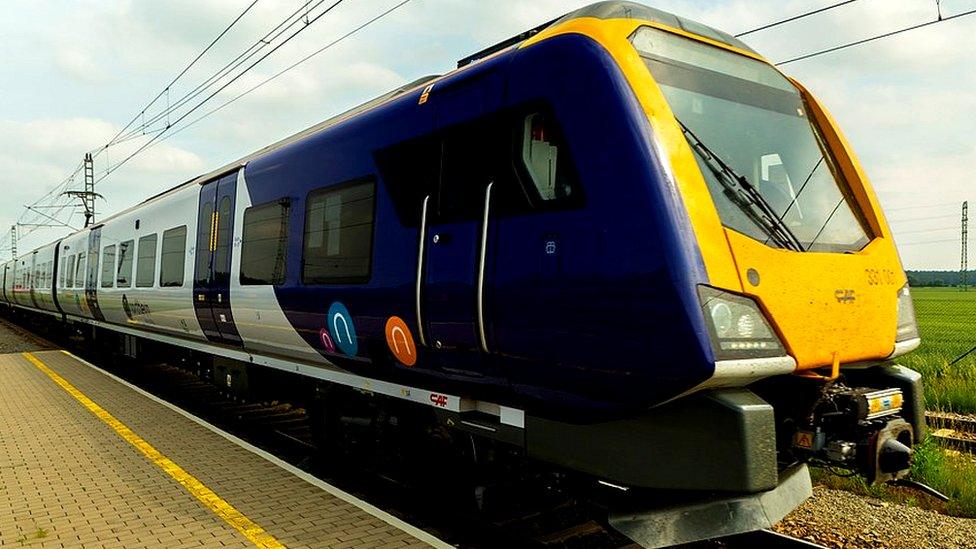
Northern said its new trains would mark a step-change for rail travel
Northern's new fleet of trains are less reliable than the heavily-criticised Pacers they replaced, figures show.
Rail industry figures show the breakdown rate for the company's £500m 101-strong fleet is higher than for the 1980s-built rail-buses.
Northern passengers have long been plagued by delays and overcrowding.
The failing rail operator, which is being taken over by the government next month, said it was "working hard to improve performance of the new trains."
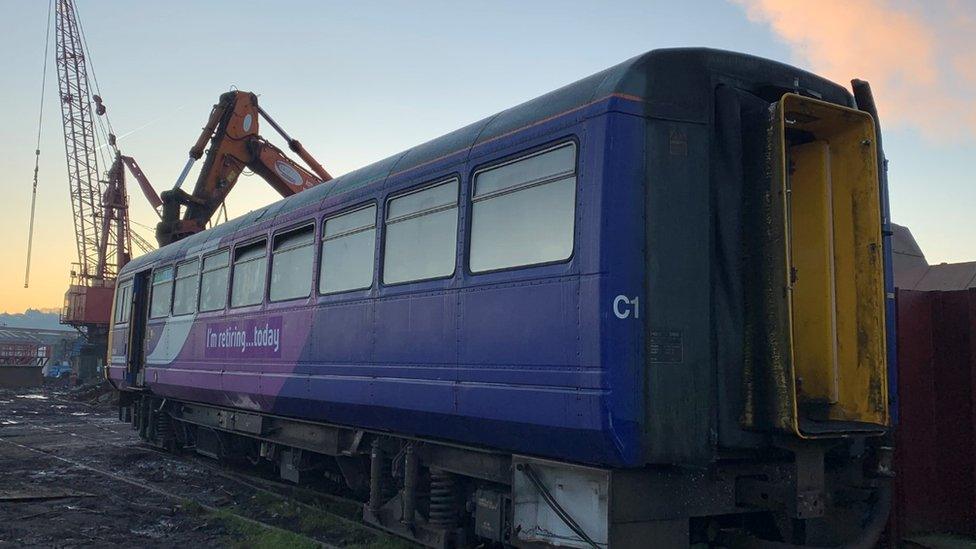
Northern's "buses-on-rails" Pacers are being retired from service
When Northern launched the upgrade in June, it promised the new fleet would be "bigger, faster and longer" than the company's existing trains.
They were hailed as an improvement on the much derided Pacers, which are in the process of being removed from service.
But the latest performance figures from December to January show the Class 195 and Class 331 trains are averaging 2,877 miles between breakdowns compared to Pacers that clocked up on average 7,884 trouble-free miles.
Tony Miles, who writes for Modern Railways magazine, said: "One of the problems with new trains is that they are full of technology and old trains are really analogue things; it's just stop and go, like driving a lorry.
"The new ones have onboard computer systems that also spot things that might go wrong but also alert you to things that you have to check and quite often interrogating them takes time.
"So effectively you have to reboot the system, that takes three to four minutes and means the train is delayed before it can continue in service."
Northern said the figures were "roughly in line with industry new builds" and the new fleet had been through "rigorous testing".
A spokesman added: "But, as with any new piece of equipment, there can sometimes be problems which only become apparent when in regular service.
"As soon as we aware of any issue we take action - either ourselves or through our service contract and warranty with [suppliers] CAF - to ensure necessary repairs are carried out as soon as practicable."

Follow BBC Yorkshire on Facebook, external, Twitter, external and Instagram, external. Send your story ideas to yorkslincs.news@bbc.co.uk, external.
- Published29 January 2020
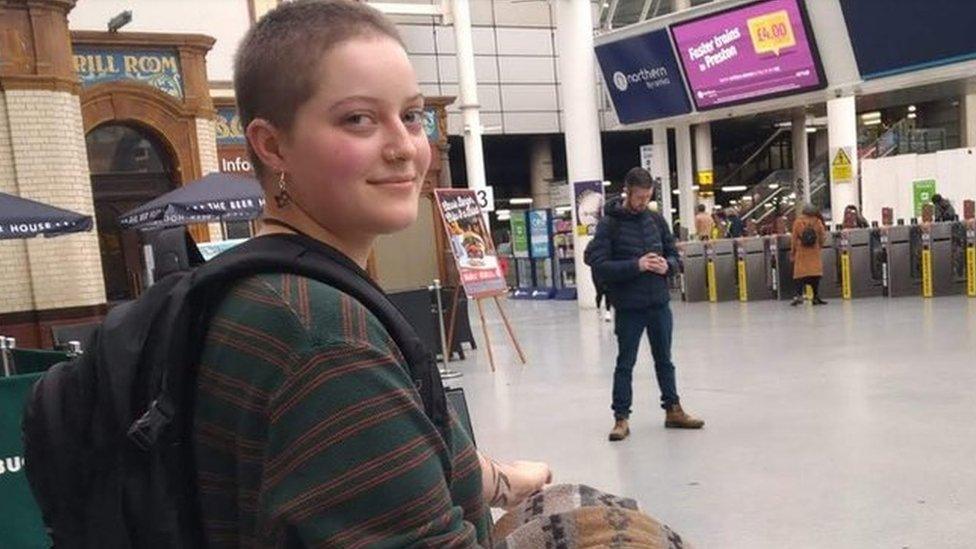
- Published21 October 2019
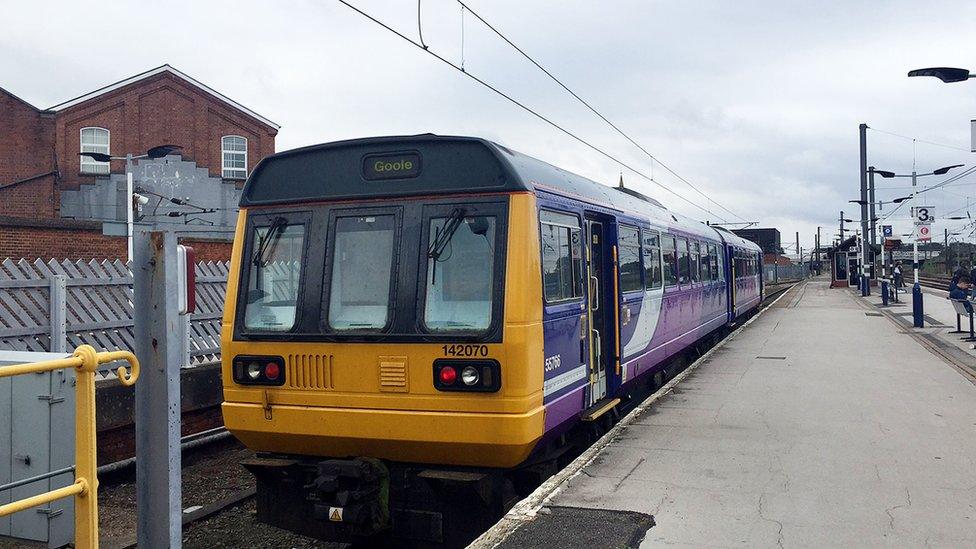
- Published26 June 2019
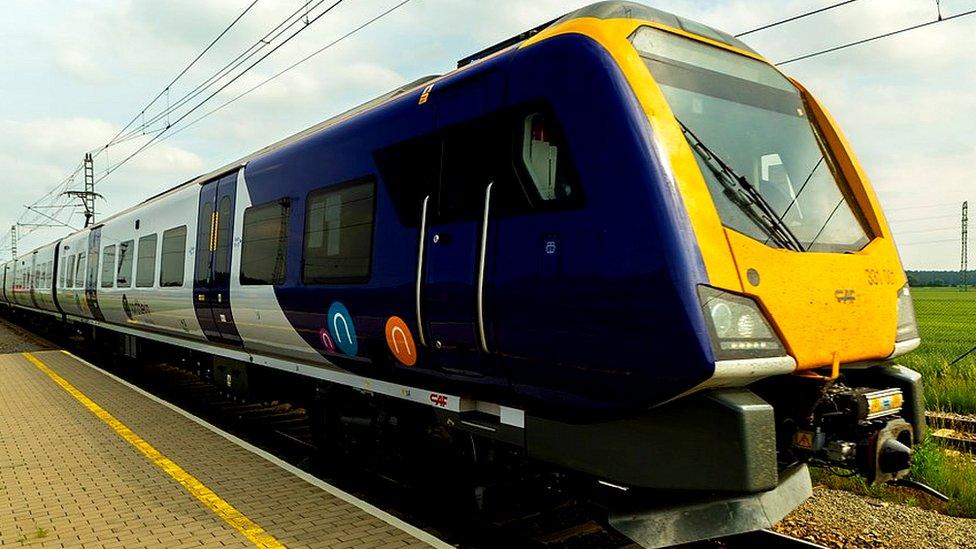
- Published5 May 2015
